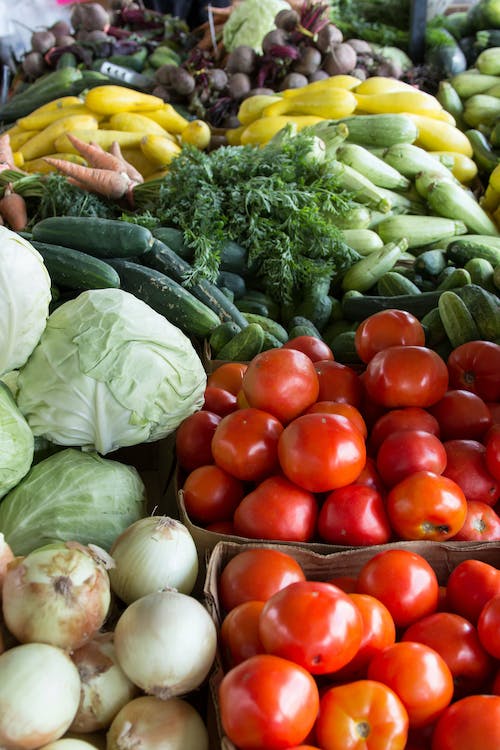The purchase of gardening seeds for your container vegetable garden is not necessarily as straight forward as it may first seem.
It’s easy to be seduced by the glossy pictures presented in the catalogs peddled by the multinational seed companies, or the online shops appearing to offer great deals. Don’t be too hasty to jump in and start buying without at least making yourself aware of all the options available to you.
Regular, Hybrid or Heirloom?
Firstly, seeds are not just seeds. One of the big distinctions and decisions you need to make is whether to buy regular seeds, hybrid seeds, or heirloom seeds which are becoming less available – and are even being outlawed in some countries because they allegedly threaten the profits of the big seed companies! (See this article)
This is very important information to be aware of. Make sure you see my short articles on hybrid seeds and heirloom seeds for clarification of exactly what they are, and why you might want to consider choosing regular or heirloom seeds where possible.
Saving seeds from shop-bought fruit and vegetables?
Some people like to save gardening seeds from the fruit and vegetables that they buy from supermarkets, but this isn’t necessarily a good move. Again – see the page on hybrid seeds to understand why.
Buying Gardening Seeds online
If you are looking to shop for seeds online, then BE CAREFUL! Not all companies are what they seem or are as reputable as they’ll have you believe.
We have recently been caught out by a company offering a bulk supply of heirloom seeds for a seemingly great price, only to find shortly after ordering, a review page full of disgruntled and angry people who had been completely ripped off by the same company we’d just ordered from.
Fortunately, we were able to cancel the order and get my money back through the payment-handling company, but its living proof that you do have to be careful online.
Gardening seeds are big business and there is a lot of money to be made, so do be thorough when you are searching for gardening seeds online. It would also be good to check the companies out thoroughly – including looking for independent reviews, before parting with any cash.
There are a number of great places to purchase heirloom seeds. The article “The 10 Best Seed Companies for Heirloom and Non-GMO Seeds” lists ten companies you can get heirloom and non-GMO seeds from. Mother Earth News also has an article, “Best Vegetable Seed Companies” which may list additional sources. Of course, you will want to do your own research to ensure the company you are getting your seeds from is reputable and dependable.
Don’t buy too much seed!
One of the common mistakes people make when buying seeds is to buy much more than they need. Seeds do not keep for very long, and if you buy heirloom or regular (non-hybrid) seeds, you can usually keep the seeds from some of the crops to grow again the following year, so large stocks are not necessary.
The only exception to this rule would be if the seeds were sealed in foil packs. Apparently, in many circumstances, foil-sealed seeds will last for many years as long as the packets are not opened and kept cool.
Organizing your Seeds & Planning ahead
Most seeds need to be planted at specific times. One of the things we strongly recommend, especially if you have a large variety of seeds, is to come up with a system that makes sure you plant your seeds on time and takes away the task of trying to remember what you should be doing and when.
In the following video is a brief discussion of a method that may work for you …
Heirloom seed-awareness
If you opt for heirloom seeds, there are a few things that you need to know about them in order to work with them successfully.
Obviously, you need to allow at least a few of your plants, preferably the biggest and strongest ones, to go to seed. This is to allow you to collect the seeds in order to grow them the following year.
Also with some types of heirloom plants, you do have to be careful not to grow more than one variety of the same type of plant at the same time, unless you have a very large plot of land and can keep them separate. If you grow more than one variety of, say, two different strains of cabbage, there is a possibility they can be cross-pollinated by the insects and this could create a hybrid of the original plant. The seeds you collect for the following year may produce a slightly different plant.

